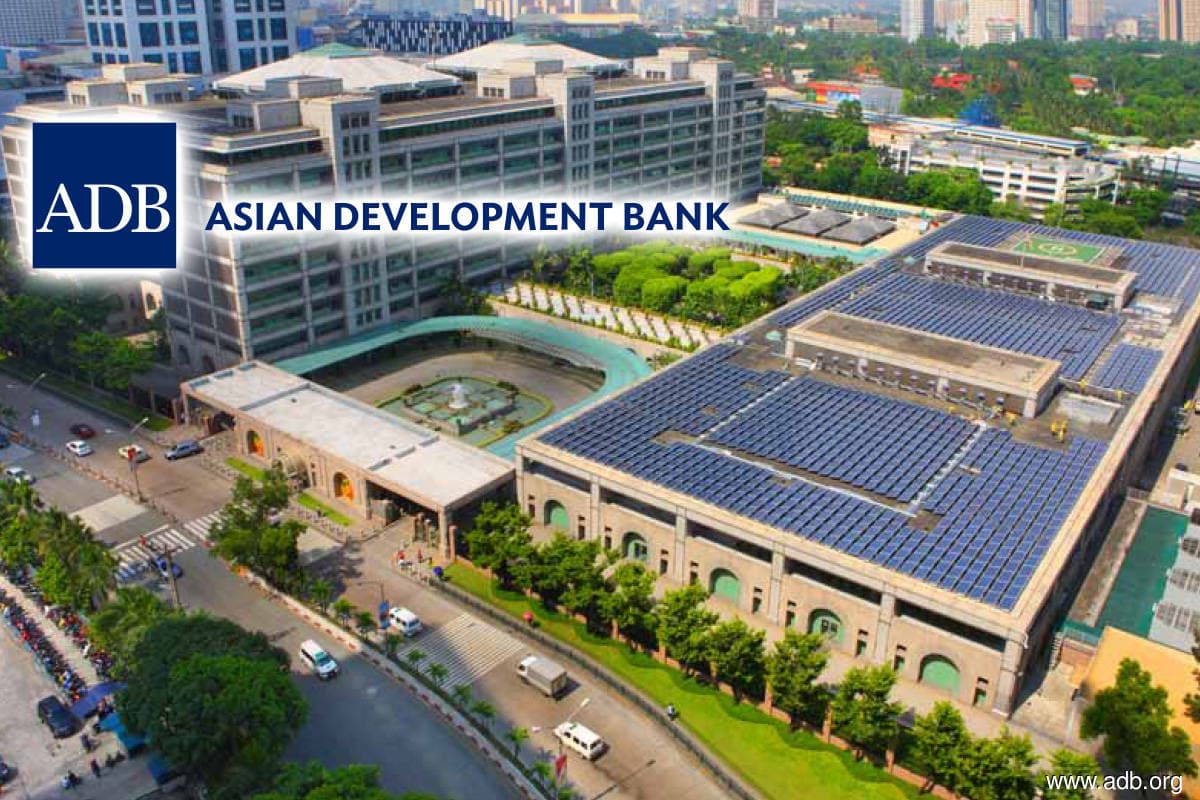
KUALA LUMPUR (Feb 7): In spite of the geopolitical tension between China and the US, economists from the Asian Development Bank (ADB) saw no evidence of companies reshoring their operations away from the world’s second-largest economy.
During the launch of its Asian Economic Integration Report 2023 on Tuesday (Feb 7), ADB chief economist Albert Park said that based on the latest data, he does not see evidence that points towards reshoring occurring.
“I think some people argued that there is suggestive evidence of supply chains being diversified, especially for some goods from some multinationals moving out of China to diversify geopolitical risk, but there is no strong evidence of reshoring in my view,” he said, adding that it makes sense as it would be very inefficient.
ADB economist Rolando Avendano continued that the data does not show a reshoring effect on the global value chain front nor on the foreign direct investment (FDI) side.
“There is maybe some divestment for example, and some reallocation but the effects are not as strong,” Avendano said.
“To give an example, China, which is still the main FDI recipient in the region (Asia), has very strong FDI linkages across all sectors despite the discussions on possible reshoring or diversification of the investments,” he added.
Climate policy: decarbonisation or protectionism?
Linking geopolitics with the climate, Lee Kuan Yew School of Public Policy director of Institute for Environment and Sustainability Benjamin Cashore said the EU and the US have to start involving Asia in climate policymaking.
Cashore said that while the US and the EU have implemented climate policies, such as the Inflation Reduction Act 2022 and the Carbon Border Adjustment Mechanism (CBAM), Asia has just been on the receiving end of such policies.
“The EU and the US also have to make massive changes just to get up to where they should be, or otherwise they’re harming Asia and Southeast Asia more than they’re actually helping them.
“The CBAM is geopolitics, so is it the EU’s protectionist effort or are they going to help the decarbonisation efforts taking place in the region (Asia),” Cashore questioned.
Instead of Asia just being on the receiving end of the EU or US’ climate policies, Cashore said the region should be involved in the policy design conversation.
“Fifteen years ago, China was producing and giving incentives and subsidies to companies to produce solar panels, giving to the world cheap solar energy, and the US launched a protectionist claim against China for dumping solar panels on US consumers, thinking more of their industrial interests versus the climate.
“They (the US) won, and a Chinese solar panel company called Yingli went out of business as a result of this,” Cashore explained.
“So it works in both directions too, and how we think about unifying geopolitics and protectionism around decarbonisation is one of the most important questions,” he added.